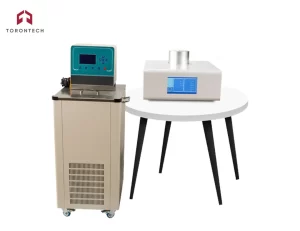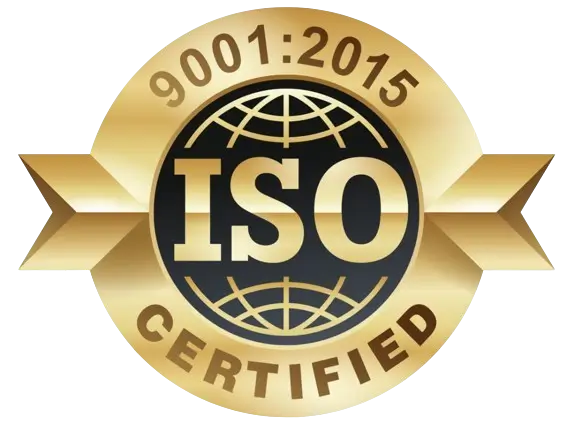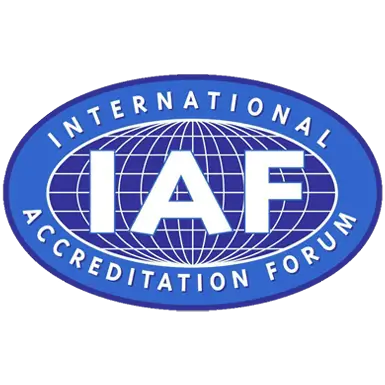Low Temperature Differential Scanning Calorimeter
Low Temperature Differential Scanning Calorimeter TT-4419
Low Temperature Differential Scanning Calorimeter TT-4419 conforms to ASTM D4419, the Standard Test Method for Measurement of Transition Temperatures of Petroleum Waxes by Differential Scanning Calorimetry (DSC).
DSC provides a convenient and rapid method for determining the temperature limits within which a wax undergoes transitions. The highest temperature transition is a solid-liquid transition associated with complete melting, which can guide the choice of wax storage and application temperatures. The solid-solid temperature transition is related to the properties of the solid, such as hardness and blocking temperature.
Instrument purpose
Measure physical and chemical changes associated with heat, including glass transition temperature, melting point, melting temperature, crystallization and crystallization heat, phase transition reaction heat, thermal stability of products, curing/cross-linking, oxidation induction period, and more.
1. The new fully enclosed metal furnace design structure significantly enhances resolution and baseline stability.
2. Utilizing a professional alloy sensor provides improved corrosion resistance, oxidation resistance, and heightened sensor sensitivity.
3. Incorporating a comprehensive two-way atmosphere control system ensures precise management of purge gas flow, with software settings automatically switching and data directly recorded in the database.
4. Equipped with a Cortex-M3 core ARM controller, enhancing operational speed and temperature control accuracy.
5. USB two-way communication facilitates more convenient operation and supports self-recovery connection functionality.
6. Featuring a 7-inch 24-bit color full-color LCD touchscreen for real-time display of instrument status and data.
7. Standard materials are included with the instrument, allowing users to self-calibrate each temperature section, thereby minimizing instrument error.
8. Intelligent software design enables automatic generation of instrument process diagrams, with software capable of various data processing tasks such as enthalpy calculation, glass transition temperature determination, oxidation induction period analysis, and substance melting point and crystallization calculation.
1. DSC range: 0 to ±500mW
2. Temperature range: -40°C to 600°C (Refrigeration by low-temperature constant temperature device)
3. Temperature resolution: 0.01°C
4. Heating rate: 0.1 to 80°C/min
5. Cooling rate: 0.1 to 50°C/min
6. Temperature repeatability: ±0.1°C
7. DSC Noise: 0.01mW
8. DSC Resolution: 0.01mW
9. DSC accuracy: 0.01mW
10. DSC sensitivity: 0.1mW
11. Temperature control mode: heating, cooling, constant temperature, any combination of three modes for recycling
12. Curve scan: temperature rise scan
13. Atmosphere control: automatic switching of the instrument
14. Gas flow: 0-200mL/min
15. Gas pressure: 0.2MPa
16. Display mode: 24-bit color 7-inch LCD touchscreen display
17. Data interface: standard USB interface
18. Parameter standard: equipped with reference material, with one-button calibration function, user can self-calibrate temperature and enthalpy
19. Working power supply: AC 220V 50Hz or customized (110V also available)
20. Power: 300W





